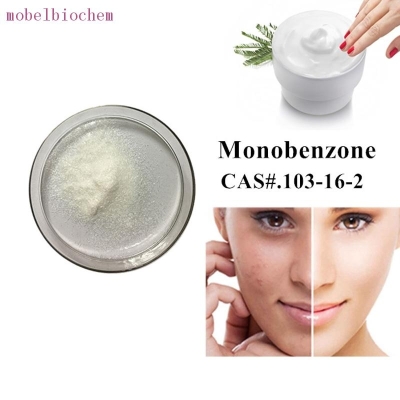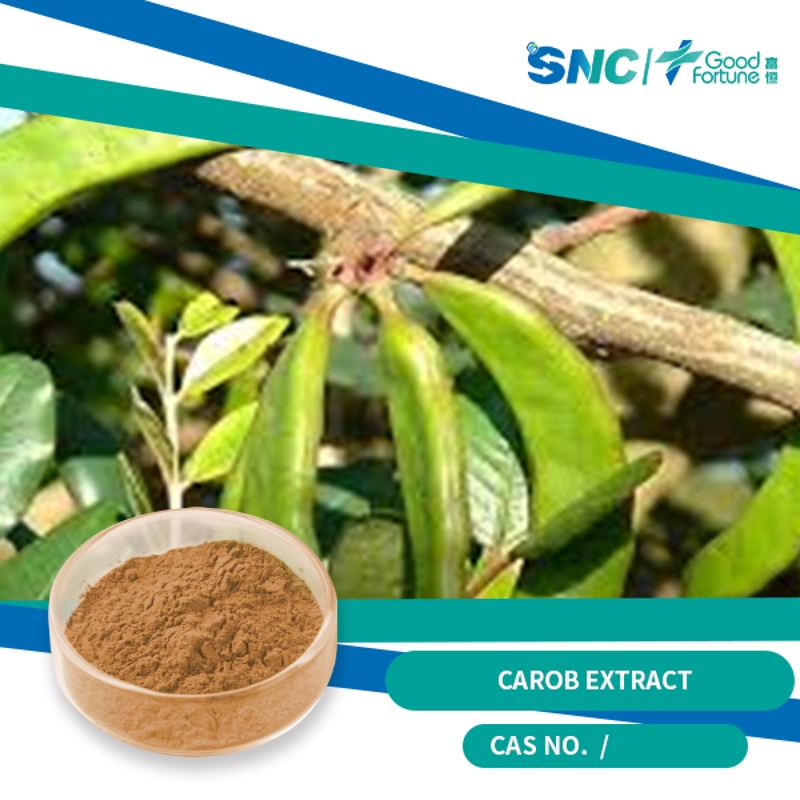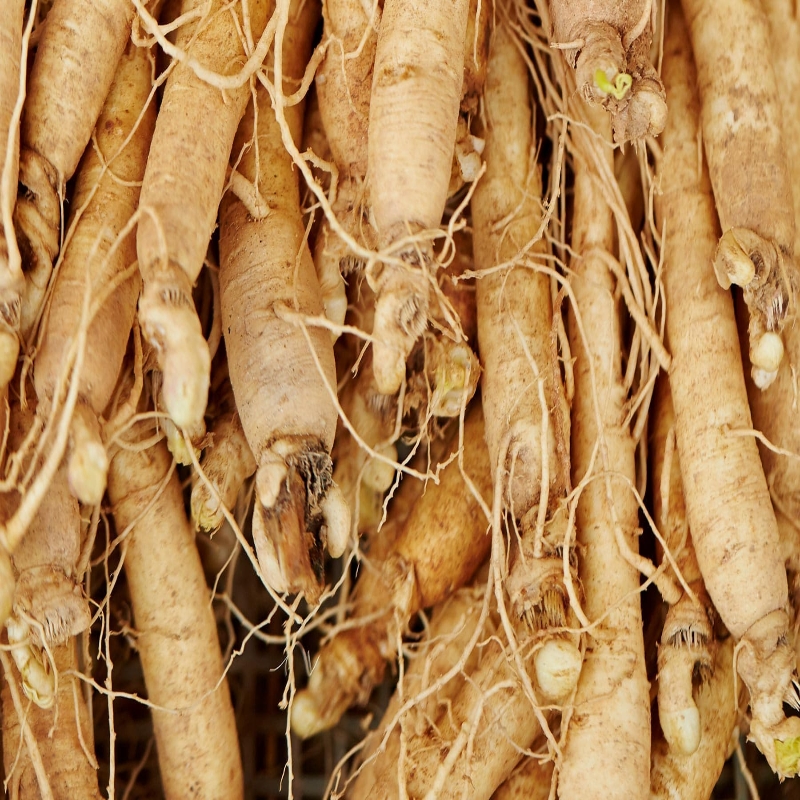The EFSA review showed that curcumin does not cause cancer
-
Last Update: 2010-09-10
-
Source: Internet
-
Author: User
Search more information of high quality chemicals, good prices and reliable suppliers, visit
www.echemi.com
Curcumin is safe as a food pigment EFSA agrees with FAO and who that this food additive will not cause cancer According to the requirements from EFSA, its scientific authorities reevaluate the safety of curcumin (E100) when it is used as food pigment when it is added to food (ANS) with food additives and nutrition sources The ANS authorities also pointed out that curcumin has no genotoxicity and recommended a daily intake (ADI) of 3 mg / kg / day, which is based on 250-320 mg / kg / day of the new food This data is based on a genotoxicity study from a decreasing body weight Committee regulation 1333 / 2008 states that all additives already in use need to be re assessed by EFSA before January 20, 2009 Commission regulation 257 / 2010 establishes a new project for reassessment of food additives According to this project, food pigments are given priority because they were first evaluated by the former Scientific Committee for food (SCF) many years ago The research of new pigments that have been passed should be reconsidered The ANS team noted that no new dossier was provided for the examination of curcumin Its conclusions are based on previous evaluations and on the data and information that have been available in the past and that have been called for by the public Curcumin (E100) is a kind of double Demethoxycurcumin dye, which can be used as food additive in EU It has been evaluated by FAO / who food additive Expert Committee (JECFA) and EU Food Committee According to EFSA, the main expected contribution to curcumin is baking products such as vinnoiserie, biscuits, cakes, wafers, as well as seasoning dairy products, non-alcoholic beverages, confectionery and dessert sauces and condiments However, the ANS authorities pointed out that for the reassessment of curcumin, the color of aluminum lake can be added to daily dairy products, and the allowable intake (TW1) of 1mg aluminum / kgbw / week established in 2008 EFSA authorities point out that therefore we need research experts on the maximum intake of aluminum.
This article is an English version of an article which is originally in the Chinese language on echemi.com and is provided for information purposes only.
This website makes no representation or warranty of any kind, either expressed or implied, as to the accuracy, completeness ownership or reliability of
the article or any translations thereof. If you have any concerns or complaints relating to the article, please send an email, providing a detailed
description of the concern or complaint, to
service@echemi.com. A staff member will contact you within 5 working days. Once verified, infringing content
will be removed immediately.







